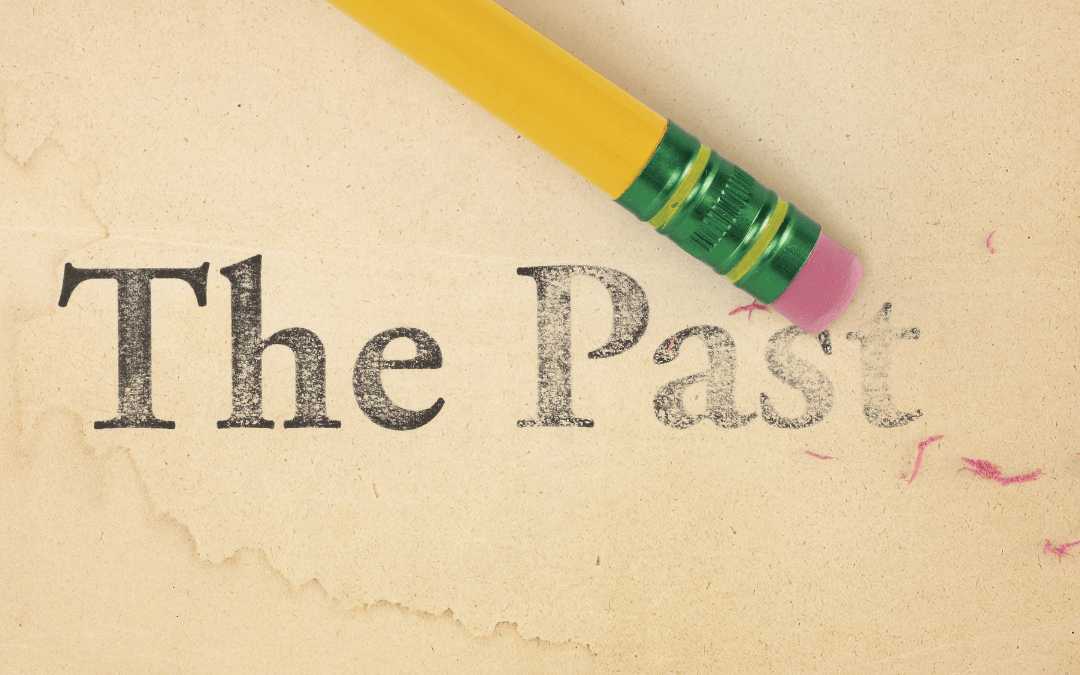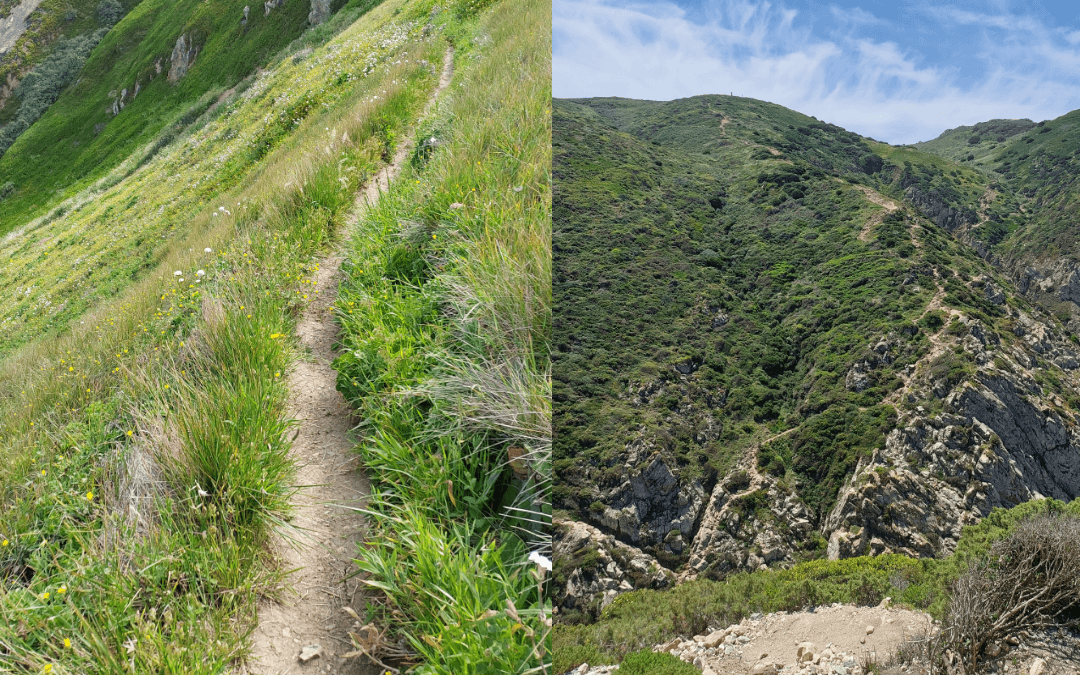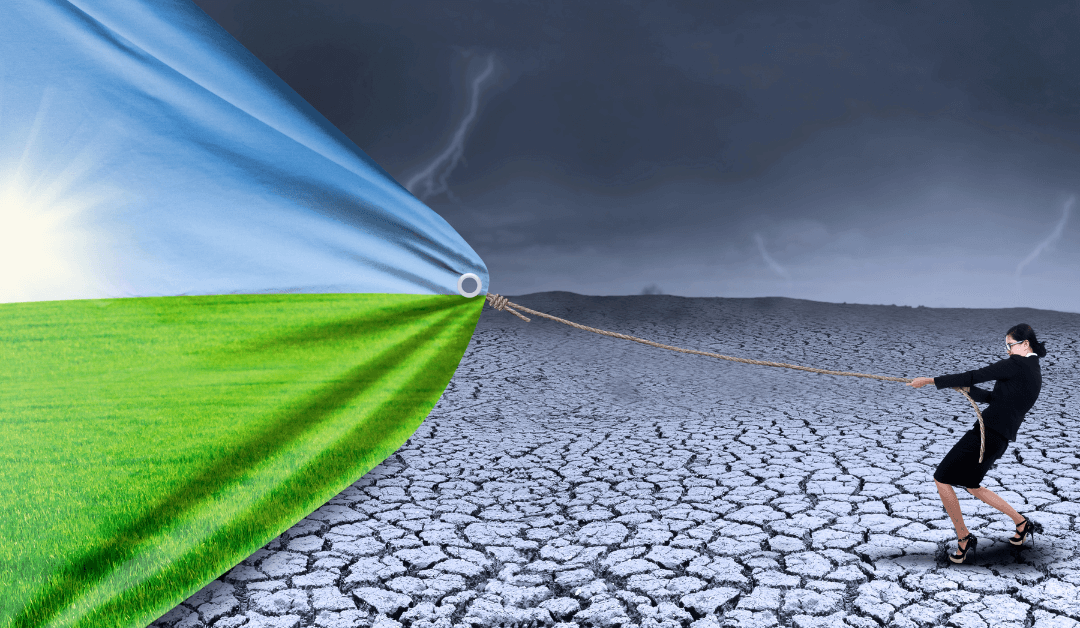Our emotions influence how we see the world and other people, what we notice, remember and think. They create our reality by giving meaning to every event we experience. With extreme emotions, like fear, we are often aware of this effect.
When I had anxiety, every decision I made ranged from stressful to panic inducing. Why? Because fear tainted my reality. Even a phone call would need hours of mental preparation. But it’s not just these extreme cases.
Even mild emotions we are unaware of, influence our lives. And not just our present either. Our emotions have the power to change the past and shape the future.
Rose-coloured glasses
How you see the world depends largely on your mood. Have you ever received bad news? Let’s say you need to print a handout for a presentation but the printer runs out of ink in the middle of your print run.
If you are in a good mood, you will laugh it off. You’ll fix the problem by either exchanging the cartridge or finding a different solution, like ditching the handouts completely and send a digital version instead. But if you are in a bad mood, this simple incident can push you into a spiral of self-recriminations.
How we see other people and evaluate their behaviour also depends largely on how we feel. Feedback from your boss can either be uplifting and helpful or an insult from a micromanager. But wait. Doesn’t this depend on what my boss said and how? Their words are real. Their tone is real. And so is their body language. Our emotions can’t change that. Can they?

Reality
They can and they do all day long. There is no such thing as an objective reality. There is only perception. How you perceive the world and the people around you depends entirely – yes, entirely – on your emotional state.
Think back. Remember that one annoying person you had to work with. Maybe it was a few years ago. Maybe it was last week. But remember how they made you feel. And now be honest. Did they always annoy you or were there days when nothing they said or did bothered you in the slightest? What was different on those days?
What about a person you love? Have they never made a mistake or hurt your feelings? Imagine a person you dislike doing those things. Would you have reacted the same way? No, you wouldn’t because when you love someone that’s your dominant emotion for this person. Your love weakens any anger or frustration and amplifies even the tiniest bit of joy.
How you feel is what you get
But it gets even more interesting. Our emotions also influence what we see. When you go for a walk while you are in a good mood you’ll notice the beautiful flowers and magnificent trees, hear the birds chirping and even feel the comfort of your walking shoes underneath your feet.
When you are in a bad mood, suddenly there’s trash everywhere. Yet another stone pokes through your soles and what’s up with all the traffic spewing appalling smells and disturbing noises?!
When we feel an emotion, whether it is a good or an uncomfortable one, our brain wants to help us stay in that emotion so our Reticular Activating System filters out all the information around us that matches our mood. It also activates matching thoughts and memories.

Emotions change our past
When we experience an event that triggers an emotion, our amygdala adds emotional tags to the memory to give it meaning. The next time we feel the same emotion, matching memories are triggered and flood our brains. Let’s say you feel incredibly happy because you are promoted! Suddenly, you remember the fun days you had with your colleagues and the successes that led up to your promotion.
That’s how our mood influences our thoughts in general too. If your overall emotional state is happiness, your brain will just keep focusing on positive memories. If you are afraid or angry most of the time, the same issues and problems pop up in your repeatedly.
I have been on both sides of this coin and I bet so have you. We tell ourselves that of course we had good and bad moments in our past. And we would be right. But do past moments you never think about matter? If you turned happiness into a habit, you could literally change your past and influence your future.
Emotions create your future
A few months ago, I went on a hike and had a bad fall. I was in pain for over a week. Luckily, there was no permanent damage done, but the next hike I went on was different. As always, I chose an adventurous trail. Unlike always, I was afraid of falling. The memories from my last fall flooded my mind and slowed me down to a crawl.
At that point, I could have let my fear run the show and told myself that I’m not getting any younger, falling might kill me, nobody would find my body for weeks and so on. I could have picked the safe paths in future. But that’s not what I did.
I realised that I was at a cross-roads, we all find ourselves at many times in our lives: Something significant happens and we have a strong emotion that can turn into a habit. But thanks to my EI Skills, I also knew that I had a choice in the matter. I was not going to give up fun adventurous trails!

Self-Awareness is key
Once you know that your emotions completely influence the way you look at the world, you can take a step back to make a rational decision. Look at the images above. These are two parts of the trail I walked on after my fall. Which one do you think is more dangerous?
To me that day it was the trail on the left because I hadn’t taken that detour before. I am very familiar with the trail on the right and have hiked it at least ten times. But the one on the left gave me sweaty palms.
I knew why though and it made all the difference. I felt the fear and it brought up all the memories from my fall and the pain. But because I practise daily emotional hygiene, even strong fear is manageable these days. I breathed through the fear and kept going. The path turned out to be very adventurous and yes, my fear made me move a lot slower than I would normally walk on a hike.
But it didn’t stop me and I made new memories. Once I was on even ground, I made sure to deliberately notice how proud I was that I had kept going. Even though I did not scream with joy when I made it back to the top (there were other people present) I did bask in my success because I knew that my new memories were a step towards once more fearless hikes.
Conscious emotions
Our brains help us stay with an emotion. You can absolutely use this to your advantage by deliberately focusing on the emotions you want to feel more of and for longer periods of time.
No, you don’t have to risk your ankles – or your life – on tricky hikes. But you can practise every day. The next time you get scared and bad memories threaten to overwhelm you, stop. Remind yourself that this is just an automatic process. A temporary reality you do not have to accept as permanent. Breathe through it.
As soon as something positive happens, though, bask in it! Embrace every good memory, thought and idea it brings up for as long as you can. Little by little you’ll shift into a permanently better emotional state. Little by little, your live becomes more positive overall.
Emotions create our reality. But it doesn’t have to be a creation by default. Emotional Intelligence Skills, like self-awareness and emotional hygiene, give you the power to influence your emotions and by doing so you get to create the life that feels best to you.
